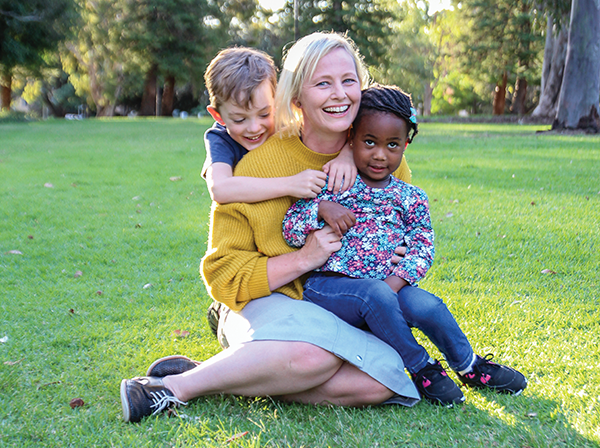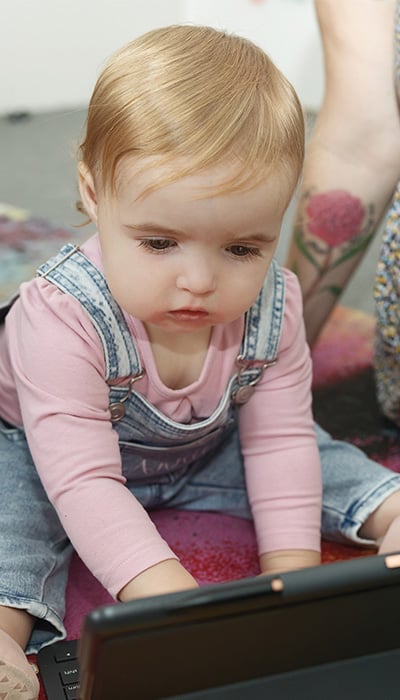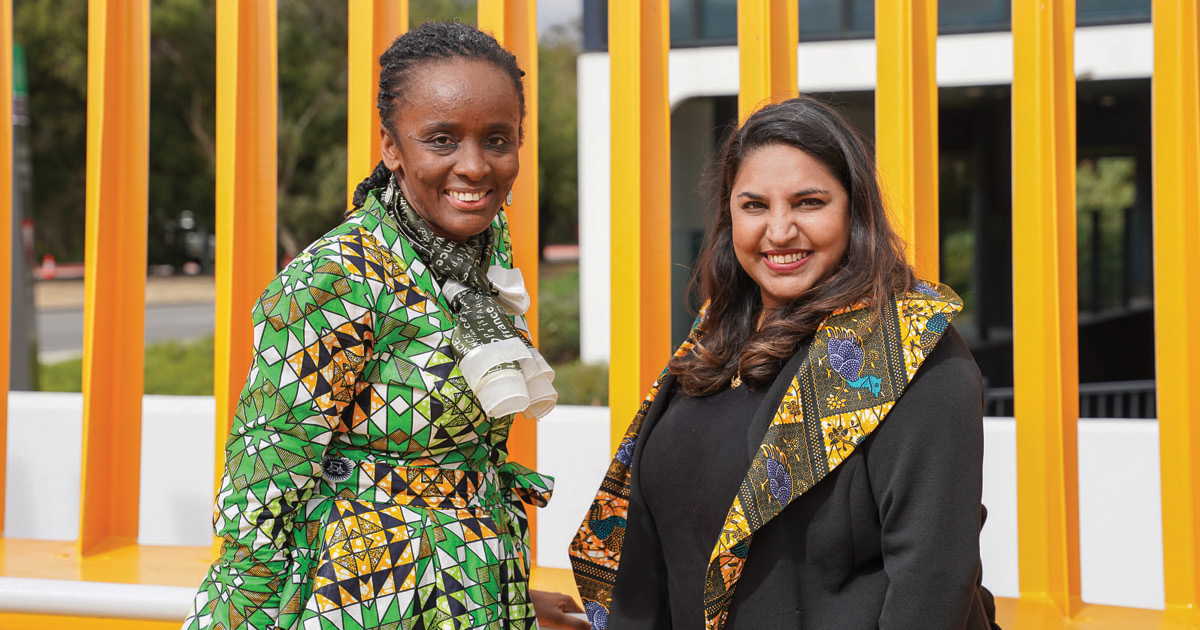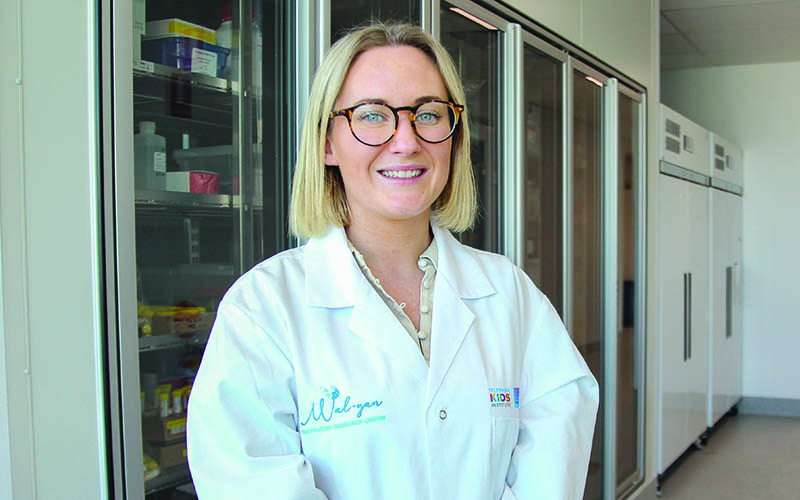Search
Research
Which emerging autism features at 12 months of age are associated with later parent-child interaction?Parent-child interactions (PCI) in infants with an elevated likelihood (EL) of autism start to diverge from other infants toward the end of the first year. This divergence is often attributed to emerging features of autism impacting infant social interactions in ways that become increasingly amplified. The aim was to identify which, if any, 12-month autism features were associated with later PCI qualities.
Research
From Local to Systemic: The Journey of Tick Bite Biomarkers in Australian PatientsTick bites and tick-related diseases are on the rise. Diagnostic tests that identify well-characterised tick-borne pathogens (TBPs) possess limited capacity to address the causation of symptoms associated with poorly characterised tick-related illnesses, such as debilitating symptom complexes attributed to ticks (DSCATT) in Australia. Identification of local signals in tick-bitten skin that can be detected systemically in blood would have both clinical (diagnostic or prognostic) and research (mechanistic insight) utility, as a blood sample is more readily obtainable than tissue biopsies.
Research
Corrigendum to “A Phase III, multicenter, randomized, double-blind, active comparator-controlled study to evaluate the safety, tolerability, and immunogenicity of V114 comparedPeter Richmond MBBS MRCP(UK) FRACP Head, Vaccine Trials Group Head, Vaccine Trials Group Professor Peter Richmond is Head of the Vaccine Trials Group
Research
Breastfeeding patterns and total volume of human milk consumed influence the development of the infant oral microbiomeThe oral microbiome of breastfed infants is distinct from that of formula-fed infants. However, breastfeeding characteristics, such as time spent breastfeeding (min/24 h), breastfeeding frequency (number of breastfeeds per day), and human milk intake (ml/day) vary significantly between breastfeeding dyads.

The Children's Lung Health Team investigates lung growth and development through infancy, childhood, adolescence and early adulthood, in health and in chronic lung disease, and the impact of preterm birth on lung health outcomes.

Three hundred and fifty million people live with an undiagnosed disease worldwide and three quarters of them are children.

A The Kids Research Institute Australia study has found the average six-month-old Australian baby has more than one hour of screen time each day.

The Kids Research Institute Australia is at the forefront of a global effort to track and prevent malaria – one of the world’s leading causes of disease and child deaths, particularly in developing countries.

Alarming statistics laying bare the social emotional wellbeing and mental health challenges facing Aboriginal and Torres Strait Islander LGBTQA+ youth are driving a multi-partner program to provide them with greater support.

Researchers have made a world-first discovery on how to prevent severe respiratory infections in babies.
